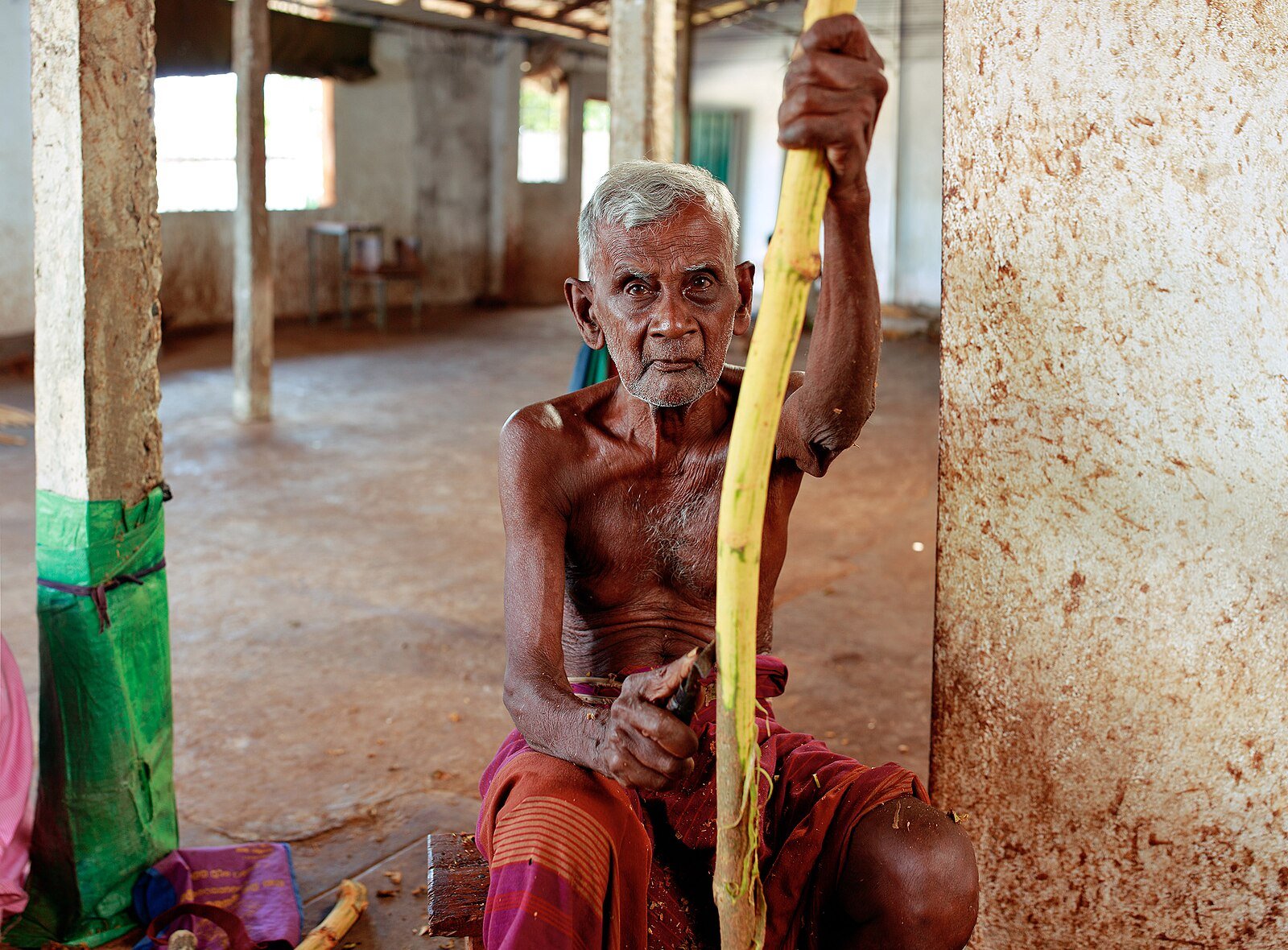
Every year, the International Day of Older Persons reminds us of something profound: the wisdom of elders is one of humanity’s greatest treasures. Yet, in today’s fragmented, digital-first world, too much of this wisdom is at risk of being lost buried in private conversations, paywalled journals, or inaccessible formats.
I remember listening to my grandmother tell stories about local festivals and folk songs. She never called it “knowledge preservation” but every anecdote was a living archive. Her voice carried resilience, creativity, and cultural memory. That experience is why I believe open knowledge is not just a technical idea; it is an intergenerational bridge.
Why Open Knowledge Matters
At the Open Knowledge Impact Foundation (OKIF), we believe that knowledge should be a public good, freely accessible, inclusive, and global. When knowledge is open, it doesn’t just sit on a shelf; it connects people across generations and geographies.
For older persons, open access means their life stories, traditions, and lived experiences can find new audiences from classrooms to Wikipedia pages. For younger people, it means learning not just from textbooks, but from cultural heritage, folklore, and oral history. Together, this exchange strengthens resilience in times of crisis and ensures no voice is left unheard.
Intergenerational Knowledge as Resilience
In many cultures, oral storytelling, folklore, and community rituals are how knowledge is passed on. These are fragile: if not documented, they can vanish within a generation. That’s why OKIF supports initiatives like Wiki Loves Folklore and Feminism and Folklore projects where communities upload stories, images, and articles that celebrate traditions while amplifying marginalized voices.
This isn’t nostalgia. It’s resilience. When disasters, pandemics, or conflicts disrupt society, open knowledge ensures that the collective memory and solutions of the past remain accessible for the future.
Why Now?
We live in a time of fragmentation:
- Paywalls divide the privileged from the excluded.
- Algorithms often amplify mainstream narratives while silencing minority voices.
- AI systems learn from incomplete or biased data, leaving out intergenerational wisdom.
Open knowledge pushes back. It ensures that data, stories, and cultural archives are shared widely, ethically, and fairly. It strengthens knowledge equity giving everyone, young and old, the tools to participate in building the global commons.
Your Role: A Call to Action

On this International Day of Older Persons, let’s celebrate by doing something simple yet powerful:
👉 Share a story from an elder in your family or community.
👉 Document a tradition, recipe, or song before it fades away.
👉 Upload it to a platform that keeps it open for others whether that’s Wikipedia, a blog, or community archive.
Knowledge grows when it’s shared. Together, we can transform isolated stories into a living, resilient global commons.
✨ Join the movement with OKIF to expand access, preserve cultural memory, and amplify diverse voices. Because in a fragmented world, open knowledge is what connects us all.